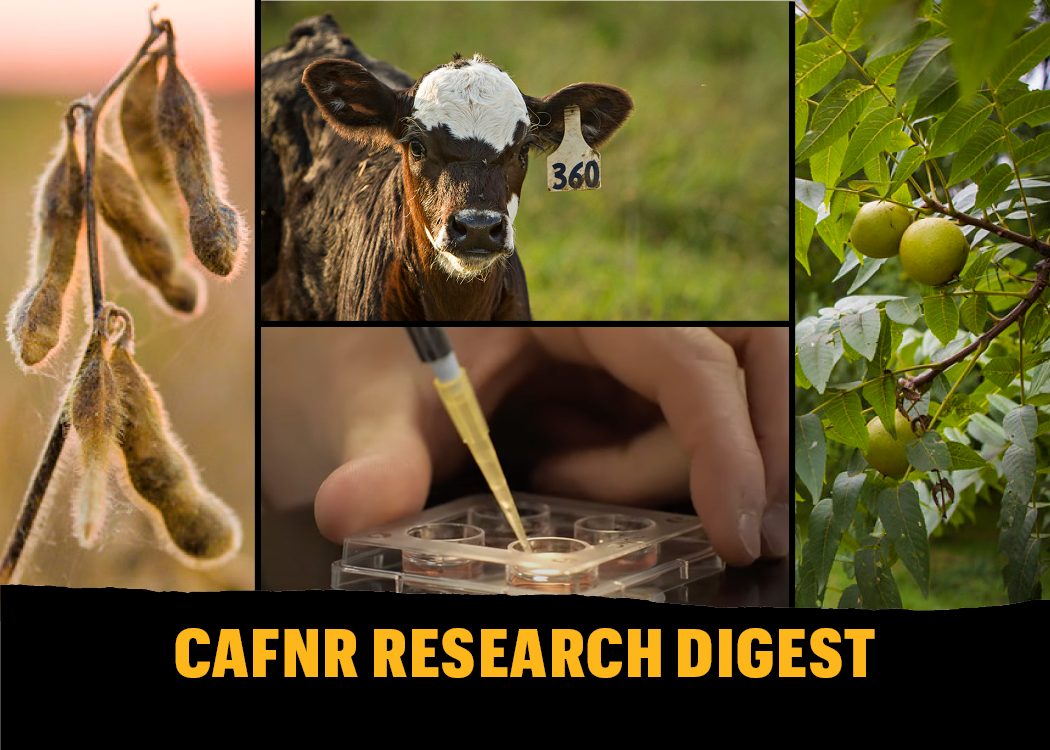|
Vice chancellor and dean Christopher Daubert takes over as IFT president
Christopher Daubert, vice chancellor and dean of the College of Agriculture, Food and Natural Resources at the University of Missouri, became the 85th president of the Institute of Food Technologists (IFT), effective Sept. 1, 2024.
IFT is a nonprofit scientific organization committed to advancing the science of food and its application across the global food system. Daubert is an IFT fellow and previously served as chair of the Food Engineering division. He was also a member-at-large of IFT’s Dogwood section in North Carolina.
“IFT brings together all of my professional interests – educating excellent students; creating healthy, safe and sustainable food products; and advocating for the importance and impact of the field of food science,” said Daubert. “I am humbled and grateful to take over as President of such an outstanding organization, and I look forward to leading with energy, integrity, and excitement for IFT’s future!”
CAFNR faculty members have received the following recent grants (listed by Principal Investigator):
Lisa Webb, Data Analysis Supporting Waterfowl Distribution Projects with HAPET, US Fish and Wildlife Service, 7/15/2024-7/14/2025, $45,472.79
Theodoros Skevas, Corn and Soybean Basis Spread Implied by the USDA Long-Run Projections, Ag Marketing Service, 8/15/2024-12/31/2025, $107,109
Kiho Lee, Enhancing The Value of Pigs for Agriculture and Biomedical Applications By Using Novel Genome Editing Strategies Supplement, NIH, 7/1/2024-6/30/2025, $391,250
Neil Fox, MOHIC: Quantitative Precipitation Nowcasting for Missouri, Missouri Department of Natural Resources, 8/22/2024-12/31/2026, $353,689
Hannah Hemmelgarn, Enhancing Agroforestry Technical Assistance & Training for Midwest Working Lands, The Corps Network, 6/15/2024-9/30/2025, 120,700.24
Kelly Nelson, 2024 POLY4 Source, Rate and Planting Time Soybean-K Fertility Trial Missouri, Anglo American Woodsmith LTD, 4/15/2024-1/31/2025, $28,728
Zhang, Ruojie, Microencapsulation of Enzymes Using Zooming® Process: Characterization, Survival after In Vitro Digestion, and Storage Stability, ZoomEssence, Inc., 9/1/2024-3/31/2025, $24,225
|
